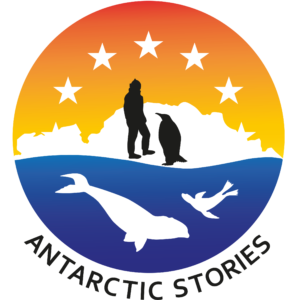Posts
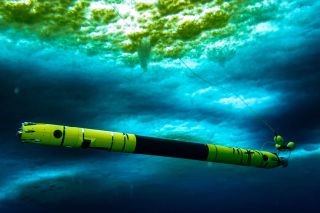 Image: © Rob Robbins/USAP Diver
Image: © Rob Robbins/USAP DiverRobot discovers surprisingly warm water under Thwaites Glacier
Scientists have sent an underwater robot called Icefin to explore under the Thwaites Glacier and they have made a worrying discovery. The water temperatures are unusually warm.
"Warm waters in this part of the world, as remote as they may…
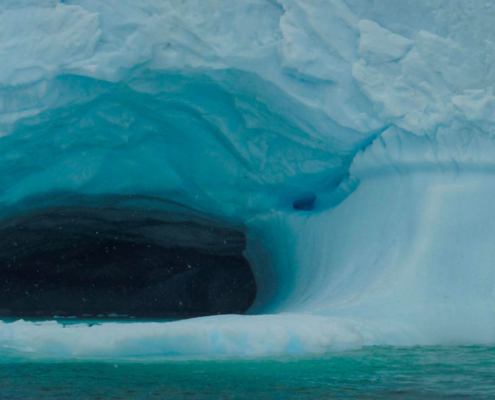
Researching the ‘doomsday’ glacier
In a new report, the BBC explains why the melting of the Thwaites glacier could bring catastrophe, not just to Antarctica, but also to maritime cities around the world.
With a mix of diagrams, photos and text, the report tells the story of…
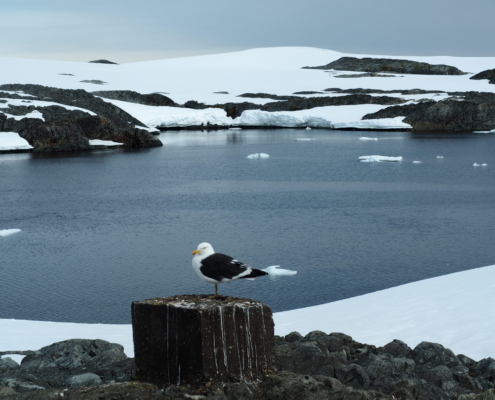
Antarctica under threat from invasive species
Over millennia, Antarctica's geographic isolation has created a unique biological environment. However, this is increasingly under threat from climate change and human visitors. People bring species that could never reach the continent on their…

Le « trou » le plus profond sur Terre se trouve en Antarctique
Ce « trou » se trouve sous le glacier Denman, à l'est de l'Antarctique. Il descend à plus de 3,5 kilomètres - seules des fosses sous-marines descendent encore plus bas !
Pour en savoir plus :
https://www.futura-sciences.com/sciences/videos/antarctique-decouvrez-point-emerge-plus-profond-terre-6498/
https://www.journaldugeek.com/2019/12/16/trou-profond-terre-antarctique/
En…
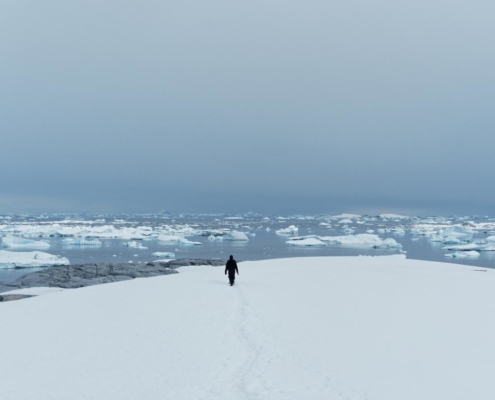
Human activity brings invasive species to Antarctica
Human presence in Antarctica has already affected some of its delicate ecology and climate change will make it easier for invasive species to establish themselves. So says a new report which explores the impact of human activity on Antarctica's…
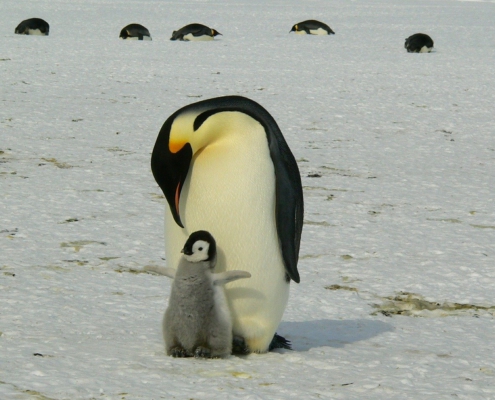
Emperor penguins risk extinction due to climate change
New research shows that Emperor penguins risk extinction by the end of the century if global temperatures continue to rise. Warming will lead to the loss of sea ice around Antarctica. And if that happens, the Emperor penguins will lose the very…
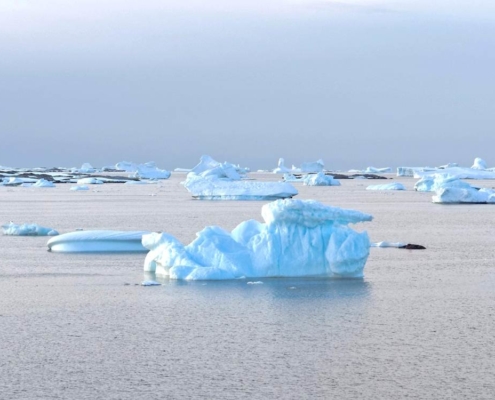
Antarctic sea ice in dramatic decline since 2014
When it comes to sea ice, the focus is often on the decline in the Arctic. But a new scientific report shows that the Antarctic sea ice has shrunk massively since 2014.
In fact, the "average annual extent means Antarctica lost as much sea…
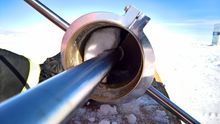
Beyond EPICA
The European Beyond EPICA - Oldest Ice Core project started officially on 1st June. Its aim is to to drill for ice up to 1.5 million years old. This will give scientists unparalleled information on the history of Earth's climate. In turn, this…

Video: sneaking up on sleeping whales
Take a look at this news report that captures the challenges of trying to tag sleeping whales, so scientists can understand how to better protect them.
It's not easy to sneak up on a whale! But this is a serious endeavour as the interviewees…
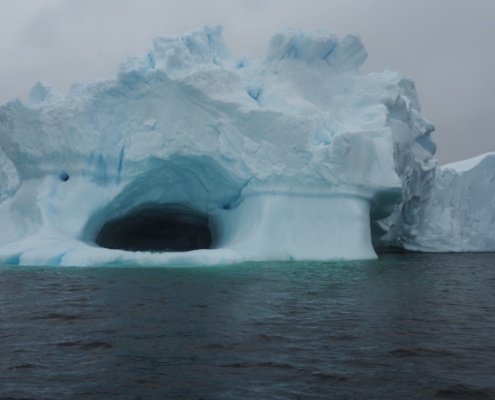
Beyond EPICA is ‘go’ to drill for oldest ice on Earth
A European project called 'Beyond Epica' held a press conference on 9th April, announcing that it is is ready to start as of December this year. Its goal: drilling for the oldest ice on Earth in east Antarctica.
Leading ice and climate scientists…
